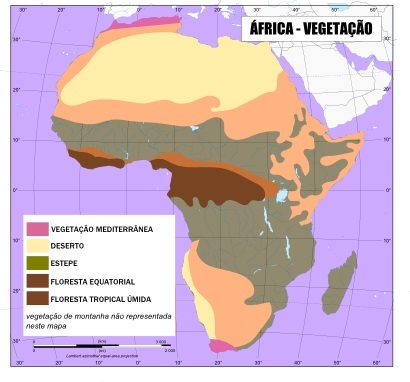The production and supply of electricity are major current problems to be overcome. The search for diversification of the energy matrix provided the development of alternative sources, such as biomass, which is already being used in Brazil.
Located in the state of Bahia, Sykué Bioenergya Eletricidade is the first Brazilian thermoelectric plant that produces electricity through biomass, the burning of grass. The raw material used is elephant grass, whose energy potential is three times higher than that of sugarcane.
Energy is obtained through the following steps: the grass is harvested and then burned in large boilers. By heating in treated water, vaporization occurs (transition from a liquid to a gaseous state). Turbines are turned on and drive the generator, which converts the steam into electricity.
Do not stop now... There's more after the advertising ;)
Investments for installation were approximately 80 million reais and the plant began operating in February 2010. The electricity produced, in the order of 30 mw per hour, is enough to supply the demand of up to 30,000 people.
Sykué Bioenerya Eletricidade is a plant that produces electricity with little environmental impact – burning grass generates only 5% of carbon gas. Elephant grass, in addition to having great energy potential, is a renewable and fast-growing source.
By Wagner de Cerqueira and Francisco
Graduated in Geography
Brazil School Team
Curiosities - geography - Brazil School
Would you like to reference this text in a school or academic work? Look:
FRANCISCO, Wagner de Cerqueira and. "World thermoelectric plant powered by grass"; Brazil School. Available in: https://brasilescola.uol.com.br/geografia/termeletrica-mundial-alimentada-capim.htm. Accessed on June 27, 2021.

